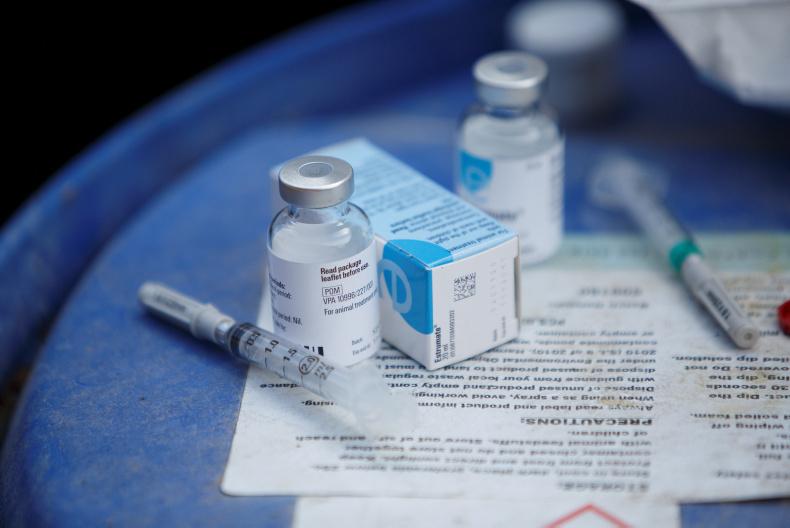Over the last two years, we have taken a very different approach to managing the health of our flocks. We have moved away from emergency interventions and now place huge emphasis on proactive flock health management programmes.
1. Look back to look forward
It is now a good time to reflect on any issues last winter. What were the issues you encountered and what can you do differently this year to reduce any problems that may have arisen?
2. Forage analysis
For many of our flocks, silage will be the main component of the winter diet. The diet will be critical during the pregnancy of the ewe. So make sure you know energy, protein and trace element status of the diet.
3. BCS
Body condition scoring is a great way to monitor ewe winter performance. It can allow critical intervention if ewes are above or below target.
4. Trace element bloods
I find taking some trace element bloods in the second trimester of ewe’s pregnancy very useful to plan ahead and combat any issues with deficiencies which may affect lambing percentage.
5. Nutritional planning in the last 40 days
Have a feeding plan for the last 40 days. Lambs grow up to 70% in the last trimester and it is a key risk time for twin lamb disease.
6. Lameness control
Housing can be a risk time for lameness. Treat, cull, foot-bathe and identify causes of lameness to reduce your risk.
7. Parasites at housing
Housing is a great time to treat parasites. Take some FECs and look at factory reports on livers of lambs. Ensure you use the right product, right route and right volume. Pay particular attention to fluke control with your vet.
8. Comfort at housing
Plenty of fresh clean bedding, feed space and clean water can all have huge impacts on ewe performance during the housing period. Have a plan!
9. Clean lambing pens
No time like the present to start preparing and cleaning out lambing pens. Make a list of essentials for lambing.
10. Abortions
Great care should be taken when handling aborted foetuses. They should also be sampled to investigate the cause. This will allow early identification of a problem and controls can be put in place.
Tommy Heffernan works at Avondale Vet Clinic, Arklow, Co Wicklow. Avondale Vet Clinic is part of XLVets. XLVets is a group of progressive practices working together to achieve a better future for agriculture and veterinary in Ireland. For further information, go to www.xlvets.ie.






 This is a subscriber-only article
This is a subscriber-only article










SHARING OPTIONS: